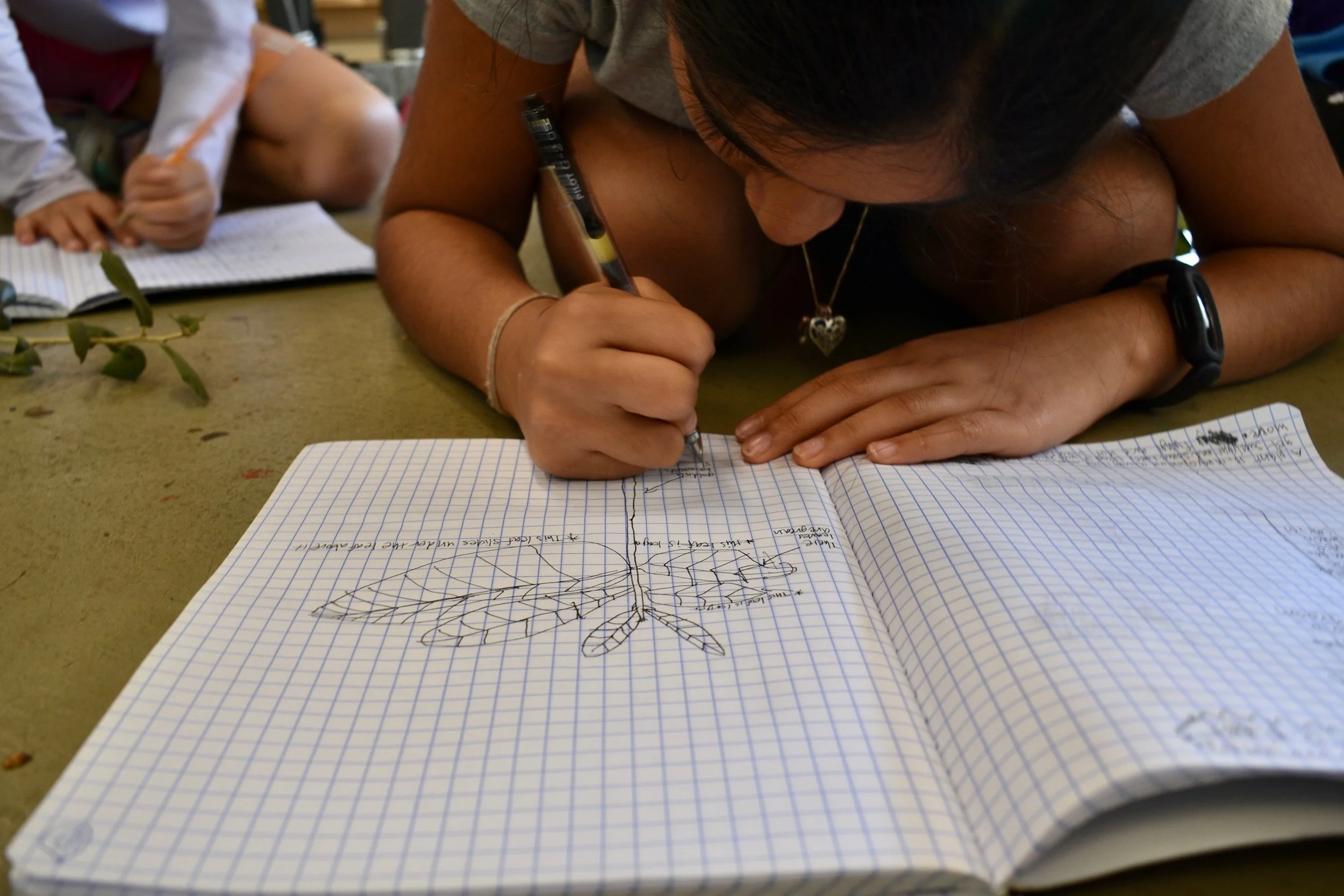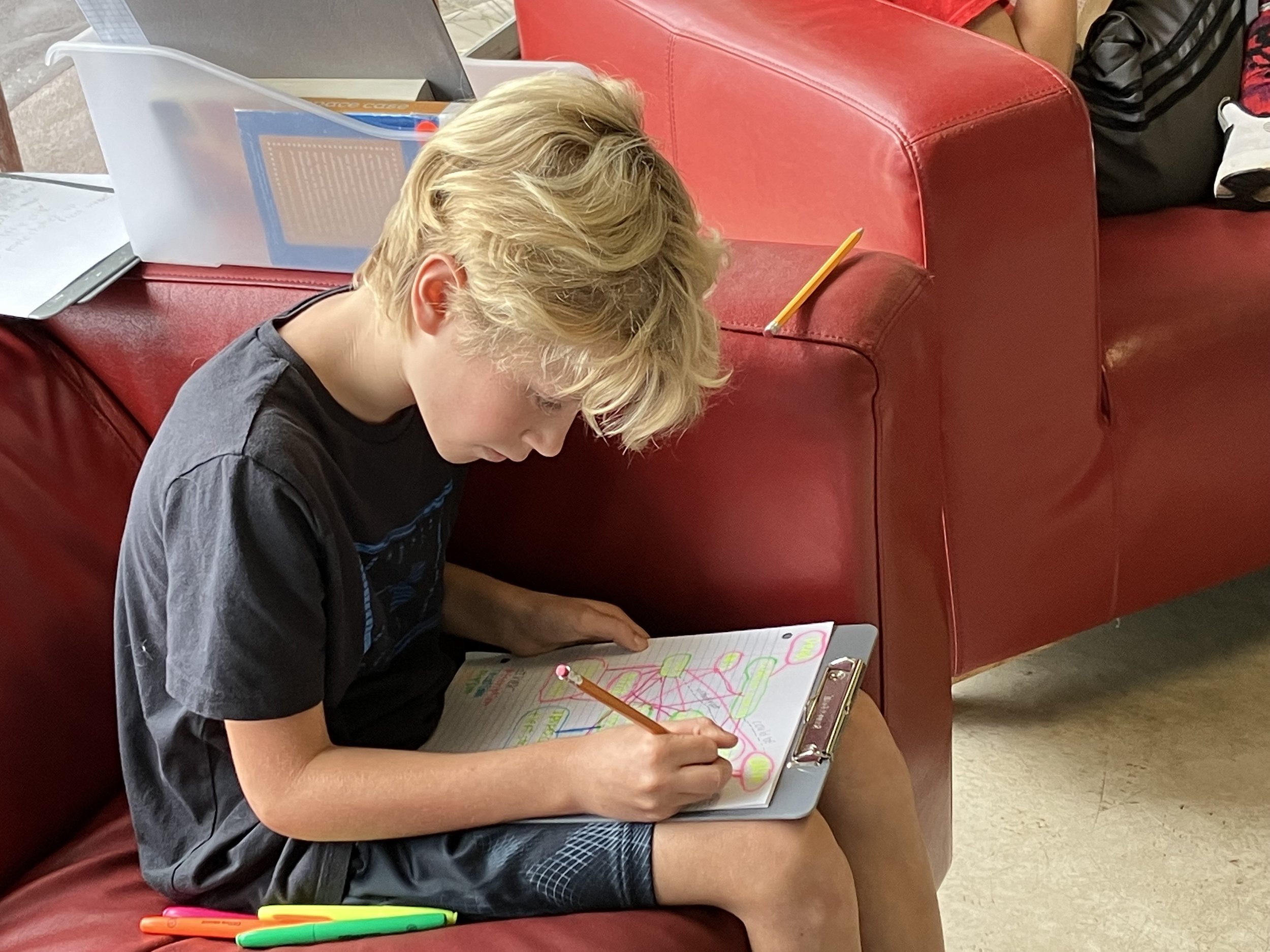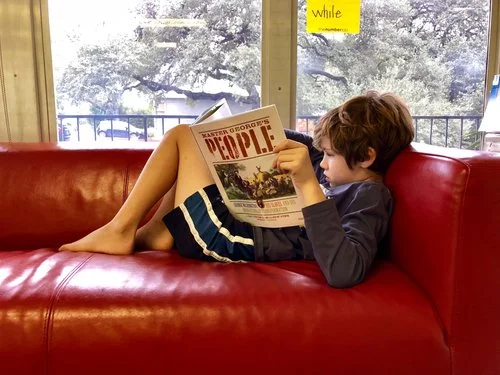At Long-View we make reading a priority and talk about “reading ambitiously.” It is our recommendation that children read for at least ten hours a week. While some of these reading hours occur during our day at Long-View, we have found a greater rate of success in reaching this goal when families set aside at least one dedicated hour at home, every school day, for their child to spend on reading. This is our minimum recommendation—meant for everyone, whether a child is an early reader or a fluent/experienced reader, able to navigate complex texts. A mountain of research supports the fact that success in reading is directly related to the amount of time a person spends reading.
At Long-View, we work to be sure that literacy instructional time goes to activities that involve “eyes on print.” We protect time for independent reading, and know that explicit and high-level instruction, access to high-interest texts, and time to read at length are crucial components within the school day. That being said, learners need even more time for independent reading than is available here at school….
Read More










